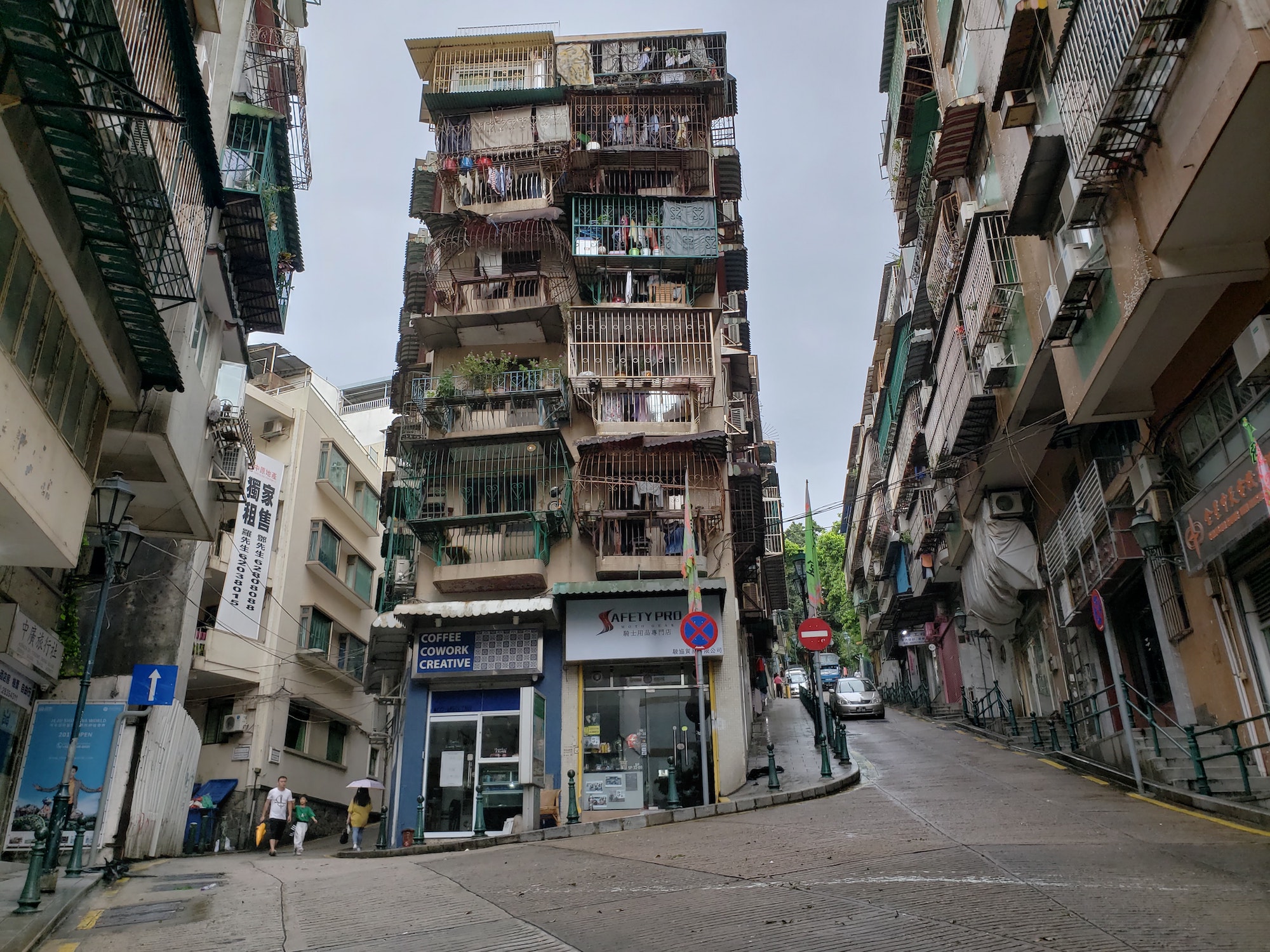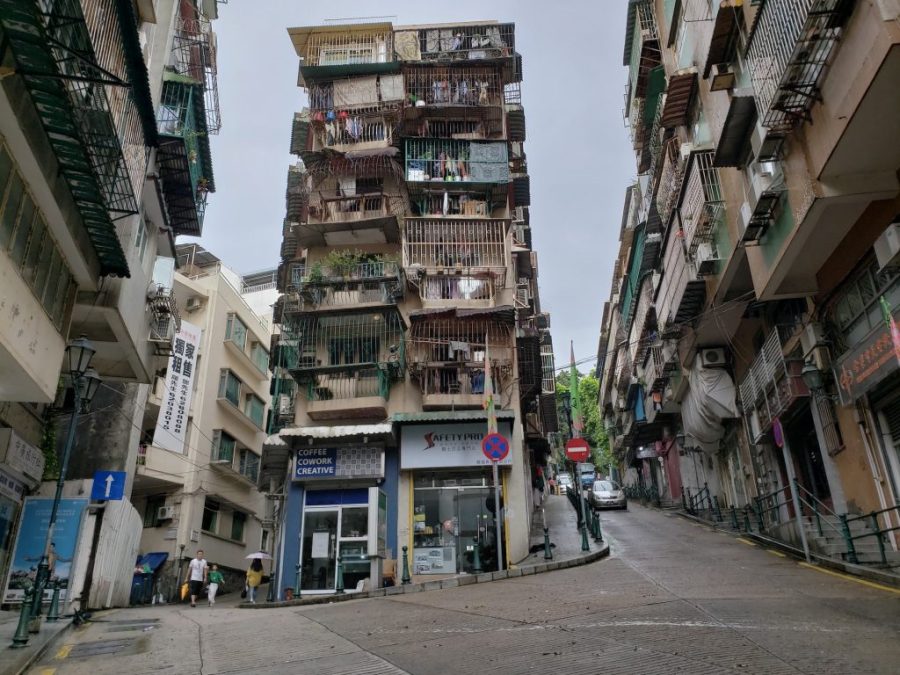The government is considering allowing the purchase of uncompleted flats in redeveloped old buildings before they are issued with occupancy permits, Andrew Chan Chak Mo, who chairs the Legislative Assembly’s 2 nd Standing Committee, has announced.
According to the Land Law, an occupancy permit is a document that signifies that a building surveyor is satisfied that the completed building is suitable for human habitation.
Speaking after yesterday’s closed-door meeting reviewing the government’s urban renewal bill with Secretary for Administration and Justice André Cheong Weng Chon and other government officials, Chan said that he expected one to two more meetings with government officials before the committee would complete its article-by-article review.
The current version of the bill states that additional flats built when old buildings are being redeveloped should not be bought and sold until an occupation permit has been issued.
Chan quoted the committee’s advisors as saying that according to current rules on the sale of units in uncompleted residential buildings, properties can be bought and sold once the foundations are completed. Quoting government officials’ remarks during yesterday’s meeting, Chan said the government would reconsider the timeframe for allowing the resale of additional flats in the redevelopment of old buildings.
The current version of the bill proposes to allow condominium owners who have entered into redevelopment agreements to grant an agent the right to execute the redevelopment on their behalf, who then will be responsible for the operation of the old buildings’ redevelopment without transferring ownership of the owners’ properties to the respective developers or realtors, in order to save them the cost of stamp duty on the transfer of their properties.
Chan added that if the redevelopment project “falls through”, the units would remain with their original owners, which the government believes would protect their property rights.
The bill also proposes that if an arbitration process is needed, the financial burden on condominium owners and their consent to any temporary accommodation arrangements must be taken into account when making arbitration decisions.
Quoting government officials who attended yesterday’s meeting, Chan said the government would not provide temporary accommodation for the redevelopment of private buildings and that owners would also have to relocate elsewhere and pay rent if they are to rent a temporary place to stay during the redevelopment period, except for the redevelopment of the seven blocks of dilapidated residential buildings in Iao Hon district led by the government-owned Macau Urban Renewal Limited, The Macau Post Daily reported.






